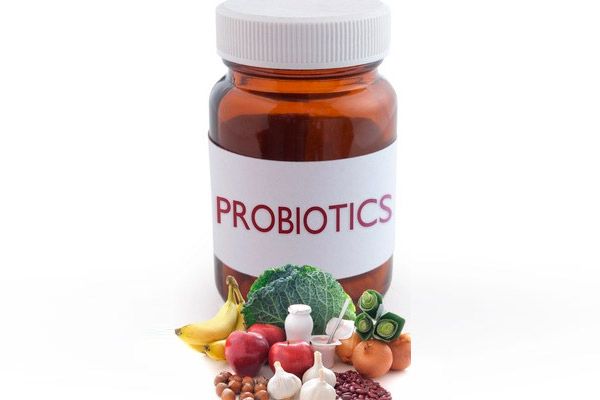New publications
Probiotics - benefit or harm?
Last reviewed: 02.07.2025

All iLive content is medically reviewed or fact checked to ensure as much factual accuracy as possible.
We have strict sourcing guidelines and only link to reputable media sites, academic research institutions and, whenever possible, medically peer reviewed studies. Note that the numbers in parentheses ([1], [2], etc.) are clickable links to these studies.
If you feel that any of our content is inaccurate, out-of-date, or otherwise questionable, please select it and press Ctrl + Enter.
Probiotics, if you believe the advertising, will help normalize the intestinal flora and improve the digestion process. Today, on pharmacy shelves you can see a huge selection of such drugs, but Danish researchers tried to figure out whether people really need probiotics.
In Denmark, a group of specialists, after a thorough analysis, have cast doubt on the much-touted benefits of probiotics. According to Professor Oluf Pedersen from the University of Copenhagen, most healthy adults take probiotics because they believe them to be useful or at least harmless to health. But scientists note that the benefits of such drugs have not been proven, and the advertising slogans and assurances of manufacturers mean absolutely nothing.
Experts explained that probiotics are live bacteria that resemble the "useful" microorganisms that inhabit the human intestine. Such bacteria can also be found in some foods, for example, in fermented milk products (yogurt, kefir, etc.). Danish scientists note that probiotics are prescribed to treat some diseases of the digestive system, but the effect of such drugs on the body of a healthy person has hardly been studied. Despite this, largely due to advertising, many healthy people have begun to regularly take probiotics for general health and improved digestion. To understand and find out the truth, Danish specialists analyzed several clinical trials. In each individual study, the short-term effect of probiotics on the intestinal microflora of a healthy person was analyzed; at the time of taking probiotics, none of the participants complained of gastrointestinal disorders and specialists did not identify any diseases in them; the subjects did not take other food supplements.
The participants were divided into 2 groups, one group took probiotics, the other did not. As a result, the scientists found that people who took probiotics did not experience significant changes in the composition of intestinal microflora. In total, Danish specialists analyzed 7 studies, of which only one had evidence of changes in the composition of intestinal microflora after taking probiotics.

There is no strong evidence that probiotics help change the gut microbiome in healthy people, even if a person consumes probiotic foods in large quantities, according to one of the authors of the new study.
But in 2013-2014 alone, sales of probiotics increased by more than 10% worldwide, and it is quite possible that scientists themselves contributed to their popularization - scientific papers proving the benefits of food additives appear in scientific publications and on the Internet almost daily.
Danish experts emphasize that capsules with live bacteria improve intestinal microflora only hypothetically, and there is no scientific evidence to support this, so they urge people to be more careful.
According to Pedersen, the benefits of probiotics have been proven to some extent in cases of intestinal microflora imbalances, but if there are no imbalances, such drugs are at best simply ineffective. At the same time, the professor is sure that probiotics should be studied further, perhaps they help prevent the development of certain diseases in healthy people.

 [
[